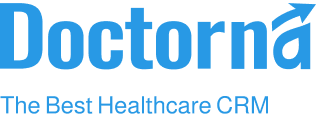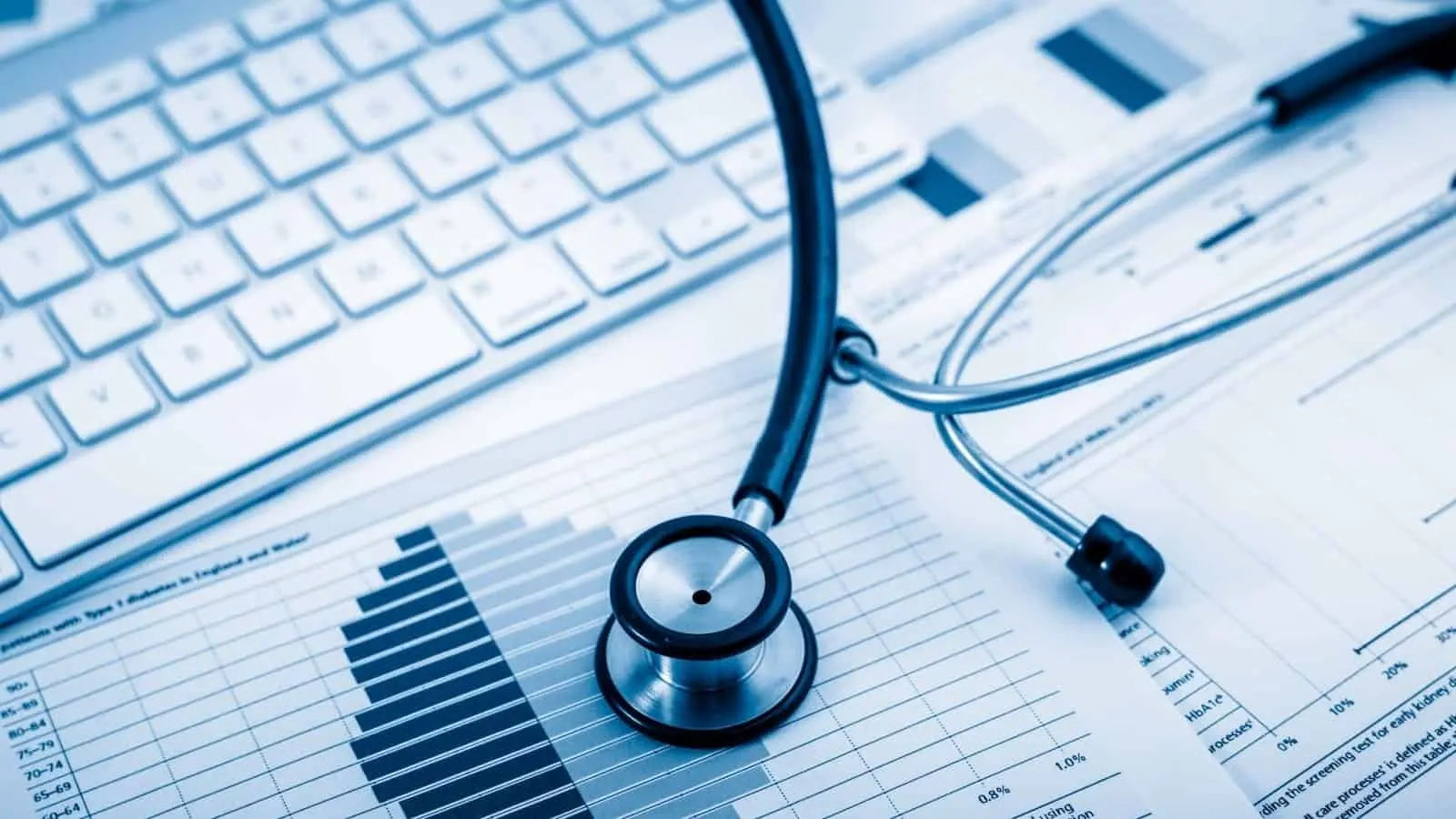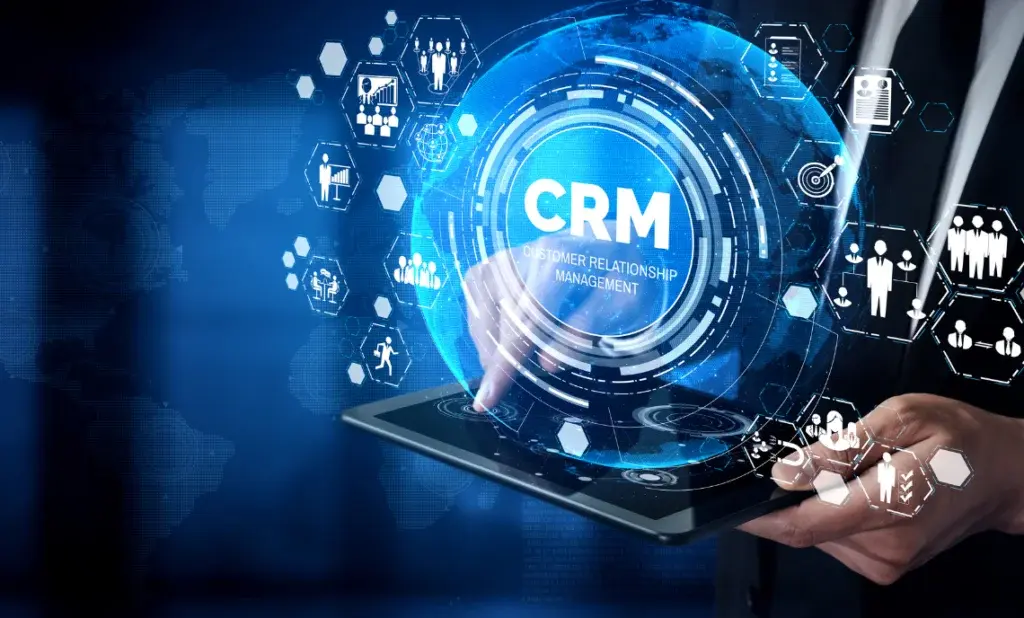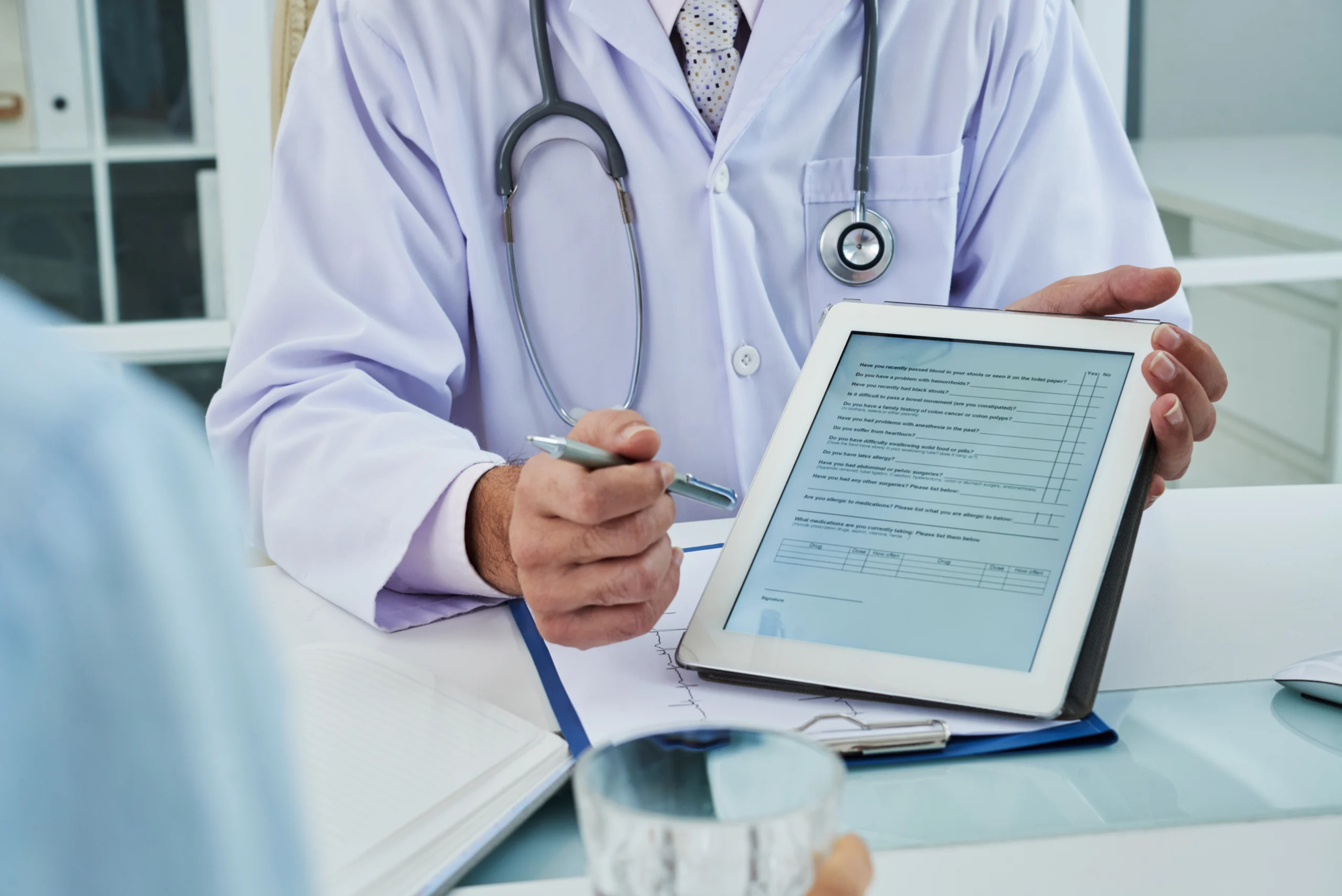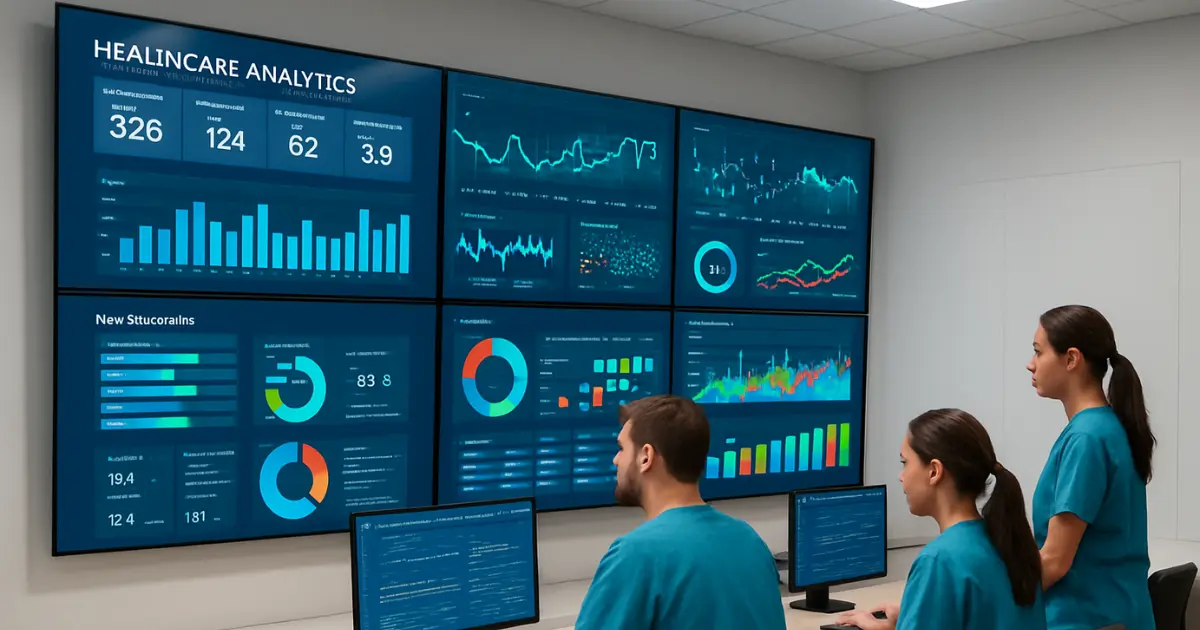In the modern healthcare landscape, technology plays a vital role in improving patient experiences, streamlining operations, and optimizing care delivery. One of the most powerful tools driving this digital transformation is the Healthcare CRM system. Short for Customer Relationship Management, a Healthcare CRM helps hospitals, clinics, and other medical organizations manage patient relationships more effectively.
But what exactly does a Healthcare CRM do? In this blog, we’ll explore the core functions of a Healthcare CRM system, how it supports healthcare providers, and why it’s indispensable for delivering patient-centered care.
What Is a Healthcare CRM System?
A Healthcare CRM system is a software solution designed to centralize and manage all interactions between a healthcare provider and its patients. Unlike traditional CRMs used in sales or marketing, a Healthcare CRM is built specifically for the healthcare industry.
It integrates patient data, communication tools, and workflow automation into a single platform—enabling providers to build long-term, personalized relationships with their patients. By connecting various departments (from front-office reception to doctors and administrators), it ensures that every patient receives consistent, coordinated, and timely care.
Core Functions of a Healthcare CRM System
Let’s break down the key functions that make Healthcare CRM systems essential to modern medical organizations.
1. Centralized Patient Data Management
The foundation of any CRM system is data management. A Healthcare CRM consolidates patient information from multiple sources—such as Electronic Health Records (EHR), appointment systems, billing platforms, and communication tools—into one unified database.
This gives healthcare providers a 360-degree view of each patient, including:
- Demographics (age, gender, contact details)
- Medical history and visit records
- Prescriptions and test results
- Appointment and follow-up details
- Communication logs and preferences
Having all this information in one place ensures that healthcare teams can access accurate, up-to-date data anytime—leading to faster, more informed decision-making and better patient care.
2. Appointment Scheduling and Management
Missed appointments are one of the biggest challenges in healthcare. A Healthcare CRM addresses this by offering automated scheduling and reminders.
Patients can easily book appointments online, and the system sends reminders via SMS, email, or mobile notifications. Staff can also manage cancellations, reschedules, and doctor availability efficiently.
This automation reduces no-shows, saves administrative time, and ensures a smoother experience for both patients and staff.
3. Patient Communication and Engagement
One of the standout features of a Healthcare CRM is its ability to manage and automate patient communication.
The system can send:
- Appointment reminders and confirmations
- Health tips and educational materials
- Follow-up care instructions
- Preventive checkup reminders (like annual exams or vaccinations)
By maintaining continuous, personalized communication, healthcare providers can build trust and engagement. Patients feel valued and informed, which encourages loyalty and active participation in their care journey.
4. Patient Segmentation and Targeted Outreach
Every patient is different. A CRM allows healthcare providers to segment patients based on specific criteria—such as age, gender, medical condition, location, or engagement level.
This segmentation is powerful for creating targeted campaigns, such as:
- Wellness programs for diabetic patients
- Prenatal care reminders for expectant mothers
- Vaccination drives for children or seniors
By reaching the right audience with the right message, organizations can improve participation rates and strengthen community health engagement.
5. Workflow and Task Automation
Healthcare operations often involve repetitive administrative tasks—like data entry, reminders, and follow-ups. A CRM system automates these workflows, helping staff save time and reduce errors.
For example, once a patient books an appointment, the CRM can automatically:
- Update their record
- Assign a provider
- Send confirmation messages
- Schedule a reminder for follow-up
This automation not only boosts efficiency but also allows healthcare professionals to focus more on what truly matters—delivering quality patient care.
6. Integration with Healthcare Systems
A modern Healthcare CRM doesn’t operate in isolation. It integrates seamlessly with other healthcare systems like:
- Electronic Health Records (EHRs)
- Billing and insurance platforms
- Telehealth systems
- Marketing and analytics tools
This integration creates a connected digital ecosystem, ensuring that patient data flows smoothly across departments. For instance, when a doctor updates an EHR, that information is instantly reflected in the CRM, keeping communication and follow-up accurate.
7. Analytics and Reporting
Data-driven decision-making is essential in healthcare. A Healthcare CRM provides powerful analytics and reporting tools that turn raw data into actionable insights.
Healthcare administrators can track key metrics such as:
- Patient acquisition and retention rates
- Appointment trends and no-show rates
- Campaign performance
- Staff productivity and response times
These insights help organizations identify opportunities for improvement, allocate resources effectively, and enhance both operational efficiency and patient satisfaction.
8. Compliance and Data Security
Patient data privacy is a top priority in healthcare. CRM systems are designed with robust security and compliance features to meet regulatory requirements such as HIPAA (Health Insurance Portability and Accountability Act).
They ensure:
- Encrypted data storage and transmission
- Role-based access control
- Secure backups and audit trails
This guarantees that sensitive patient information is protected while maintaining full transparency and accountability in operations.
9. Marketing and Relationship Management
Beyond administrative functions, Healthcare CRMs also serve as marketing and relationship management tools. They enable organizations to design personalized email campaigns, measure engagement, and manage reputation through patient feedback and surveys.
For example, a dental clinic might use CRM data to send birthday greetings, promote new treatments, or follow up on patient satisfaction after a procedure. Such efforts enhance brand loyalty and encourage repeat visits.
10. Predictive and AI-Driven Insights (Next-Generation CRM)
The most advanced Healthcare CRMs leverage Artificial Intelligence (AI) and Machine Learning (ML) to predict patient needs and trends.
AI-powered CRMs can:
- Identify patients at risk of missing appointments
- Suggest personalized care plans based on historical data
- Forecast demand for services or specialists
These predictive capabilities allow providers to move from reactive to proactive care, improving outcomes and patient experiences.

Final Thoughts
A Healthcare CRM system is much more than a database—it’s a strategic platform that enhances every aspect of patient relationship management. From automating workflows and improving communication to ensuring data security and enabling predictive insights, CRMs are revolutionizing the way healthcare organizations operate.
In a world where patient expectations are higher than ever, adopting a robust CRM system helps healthcare providers deliver care that’s personalized, efficient, and patient-focused. It bridges the gap between technology and compassion—empowering providers to build stronger, long-term relationships with the people they serve.
